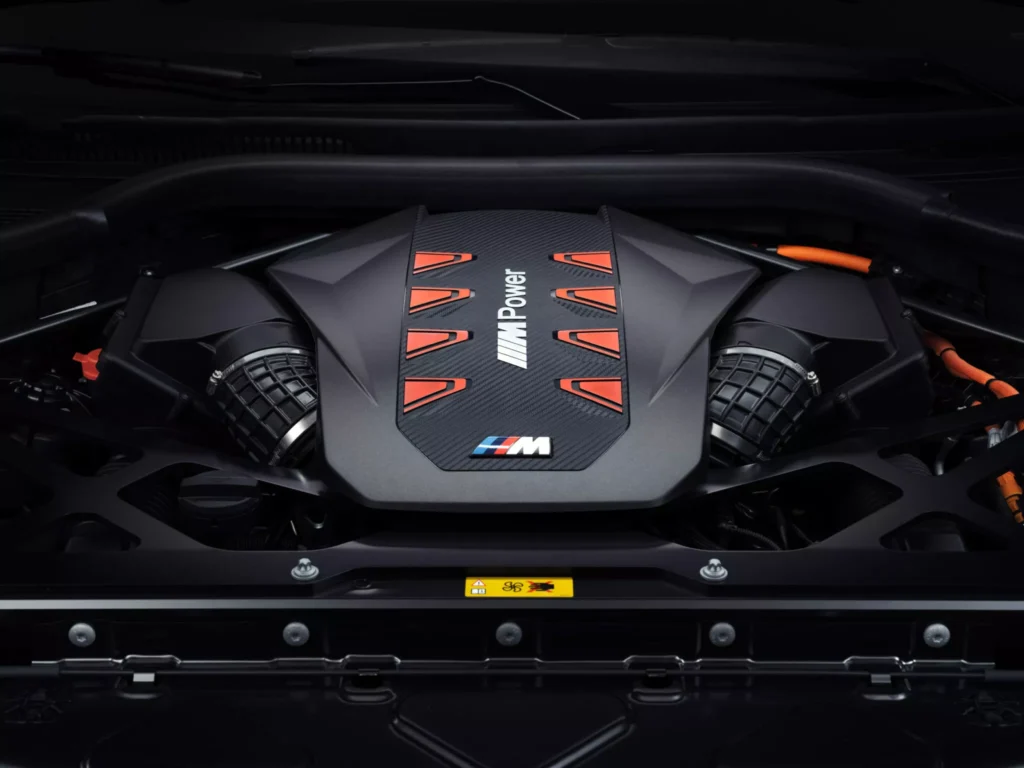
BMW M’s signature straight-six and V8 engines will carry on even as the stricter Euro 7 emissions rules arrive, and according to the division’s boss, there won’t be any drop in performance.
While the emissions limits themselves stay the same as the current Euro 6e regulations, testing will now happen across a broader and tougher range of real-world scenarios. These engines also need to stay compliant for 10 years or 200,000 km (124,000 miles), double what’s currently required. For the first time, emissions from brakes and tyres will also be checked.
At the Goodwood Festival of Speed, BMW M CEO Frank van Meel explained to Autocar that the challenge wasn’t building an engine that meets Euro 7, but keeping the performance levels drivers expect. The issue is that engines now need to operate at lambda one (where the air-fuel ratio is perfectly balanced) even under load, but without the extra cooling that typically comes from using fuel in high-performance driving. Since Euro 7 blocks that option, BMW M had to find other ways to control temperatures.
To tackle this, combustion and cooling processes had to be refined to prevent heat build-up. Van Meel said it would have been easy to reduce performance to manage temperatures, but that was never an option for M. The new approach ensures the engines can run at lambda one without sacrificing power.
Van Meel didn’t share specifics on what changes have been made to the engines but hinted at “very interesting” tweaks that will be detailed in time.
The straight-six remains central to BMW M’s legacy, while the V8 continues its long history tied to racing, and BMW M has no plans to step away from these engines any time soon.
When asked if M would consider switching to three- or four-cylinder engines with more electrification to cut emissions, van Meel was clear: “No.”
He explained that smaller engines don’t match M’s mindset for performance cars, especially in torque delivery, rev ranges and weight balance. “I couldn’t imagine putting a four-cylinder in an M5,” he said.

